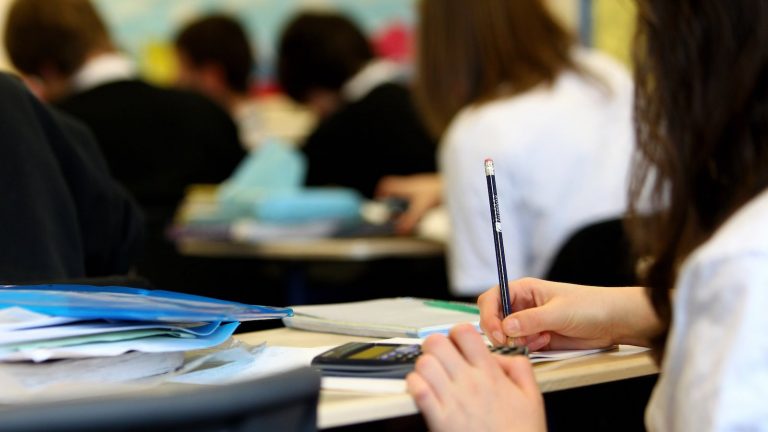There is a particular logical fallacy one sees over and over again in debates about public policy. Instead of comparing the actual status quo with a realistic proposed alternative, one side will represent their own position as lacking in any weaknesses whatsoever, then point to any problems with the other position as damning. Instead of comparing two real and complex policy outcomes, opponents are forced to argue against a hypothetical utopia that does not, and could never exist.
An example of this can be seen in the recent debate hosted by the Cato Institute on the subject of homeschooling, and whether it should be more aggressively regulated by the state. Ably representing the side of educational freedom was Kerry McDonald, education expert with the Foundation for Economic Education, while Harvard Professor Elizabeth Bartholet championed the idea of stricter government involvement. The pair were joined by Professor Milton Gaither from Messiah College to provide historical context, and by Cato’s Neal McCluskey for moderation. The debate is well worth watching, for those who haven’t seen it.
Throughout the discussion, concerns were repeatedly raised, both by Bartholet and from audience questions, about the safety and well-being of children who are educated at home. The caricatured specter of the backwoods parents who lock their children up in the basement, never letting them see the light of day, loomed large over the conversation. How, the questioners wanted to know, can you protect children from abusive and neglectful parents when they are not attending schools regularly, where they can be observed by peers and teachers alike?
There’s no point in claiming that the nightmare situation described above never happens: it does, albeit very, very infrequently. As a homeschooler myself, most of my peers spent more time out at museums, galleries, parks, and libraries than they did chained to a radiator. However, the potential for abuse does not undermine the case for homeschooling a bit, unless you can come up with an alternative in which no such abuse ever happens. Of course, no such alternative exists. As McDonald repeatedly pointed out, the existence of mandatory government schools does not prevent child abuse, and it may even encourage it.
We’ve all seen the headlines in which teachers sexually assault their students. Less commonly talked about is the rate at which students sexually assault each other. A nationwide anti-bullying campaign sprung up in response to the physical and emotional abuse schoolchildren suffer at each other’s hands. We’ve long known that schools can be a breeding ground for peer pressure to use drugs, have unprotected sex, or engage in other risky and destructive behavior. Mass shootings in schools (rarely seen in homeschooling environments) have become so common that they are now regarded as a national epidemic. All this is to say nothing of the psychological harm done to students by continually testing them, judging them, and publicly comparing them to their classmates. What, if not abuse, is the practice of routinely telling a child that he’s objectively, measurably dumber than all the other kids his age?
Then there’s the indoctrination question. Critics of homeschooling often worry that children raised by their parents will not experience a diversity of viewpoints in order to make informed decisions as they enter adulthood. Again, this fear is not without justification, but the same can be said for government schools, which force children to swear a government loyalty pledge at the beginning of every day, which advocate liberal arts colleges to the exclusion of the increasingly lucrative trades, and which forbid any discussion of the religious views held by the majority of Americans. These are, after all, the institutions that have produced a generation of kids who think that speech they disagree with is literal violence. It’s ludicrous to pretend they represent some bastion of the free exchange of ideas.
It’s too often forgotten that the title of Thomas More’s book Utopia, from which the modern word derives, literally translates into “no place,” in other words, somewhere that doesn’t exist. The question we should be asking with respect to homeschooling is not whether we can imagine a situation in which children are abused, because obviously we can. The question should rather be, is homeschooling a better option than the others currently available, taking into account all the failings, actual and potential, of both systems?
I don’t propose to answer that question here, although I suspect my opinion on the matter can be easily guessed. However, it is intellectually dishonest to paint emotionally charged pictures of child abuse at the hands of homeschooling parents for the purposes of supporting government schools, without also throwing full light on the very real horrors that kids coerced into the school system undergo every day. Homeschoolers are not callous to the suffering of children: it’s quite the opposite. Everyone wants to protect the vulnerable from potential abuse, and indeed it is this very desire that motivates many families to remove their children from government schools in the first place. But we do no favors, either to children or to society at large, by pretending that more government regulation will eliminate all dangers without creating its own set of problems.














Add comment